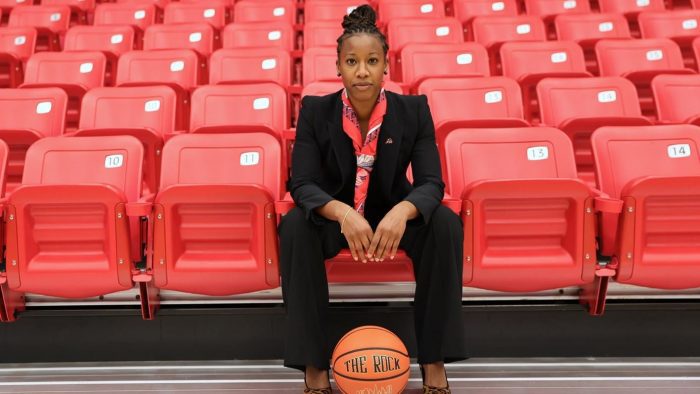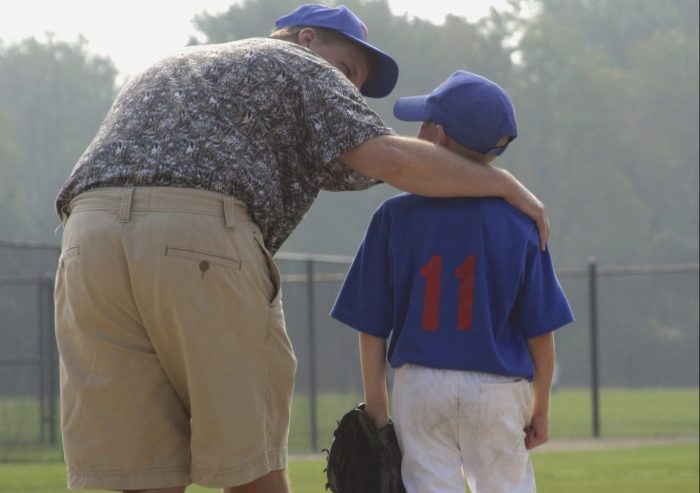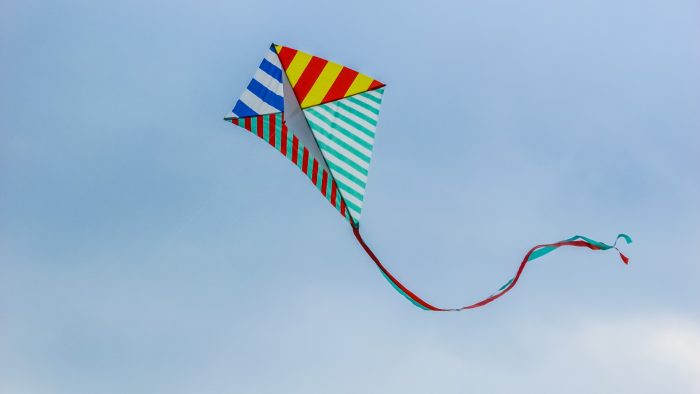By Daniel Dunaief

You’re meeting with your boss, and you can feel your phone vibrating in your pocket with a new text message, an incoming email or a good old-fashioned phone call.
What do you do?
You’d be on pins and needles if someone you knew, your spouse or partner, perhaps, were expecting a baby. Or, perhaps, someone was traveling a great distance through a storm and you were eager to hear that your friend or family member had arrived safely.
But most of the time, the stakes aren’t quite as high with incoming information. In fact, some of the time, we’re getting spam that seeks our attention.
So, when we are talking to our boss, we generally realize that responding to our demanding electronics probably isn’t a great idea.
But what about when we are talking to a parent, a friend, a child or a neighbor?
Given the frequency with which I have seen the tops of people’s heads as they look down at their phones instead of in their eyes, it seems people have concluded that eye contact is so 20th century.
Since when did people outside the room become so much more important and demanding than the ones with whom we are interacting? If we can’t find people who are as interesting in person as the ones far away, perhaps it is time to move to interact with some of those fascinating folks.
I understand that people online don’t have bad breath and messy hair and aren’t wearing the same clashing outfit that they wore last week, and that continues to threaten to give us a migraine.
Maybe we ought to consider classes in electronic etiquette that teachers can share with students or with people who are receiving their first phone.
We can address not only how to handle an incoming text while in the middle of a conversation, but also how to unplug ourselves and our lives from endless messages, games, movies and TV shows.
If I could go back to the time when we handed phones to our children, ensuring that the phone would eventually replace bedtime stories, dinnertime conversation and eye contact, I would consider establishing our own “Ten Commandments” of phone ownership and usage.
These might be:
10. Limit the time each day when you use your phone, with only extraordinarily limited exceptions. If you need to use your phone for schoolwork for two or three hours, that still counts as phone usage.
9. Leave the phone in another room when you’re not using it.
8. If you can’t say something supportive or pleasant on social media, don’t say anything.
7. No anonymous messages or criticism. If you can’t use your name or stand behind what you write, you shouldn’t have written it in the first place.
6. Don’t take embarrassing pictures of your parents and share them with your friends. Older people don’t tend to look as glamorous in digital pictures as younger people, so be kind.
5. Internet fame is not a life goal.
4. When you become better at using your phone than your parents (which occurs in a surprisingly short time), share your wisdom and skills with them. Think of it as familial community service.
3. Don’t assume everything you find online is true. In fact, at least once a week, or even once a day, find something on the internet that you think is false. Use trusted sources to contradict what you think an internet provider got wrong.
2. If it looks like everyone else is having a better time than you, put your phone down. They aren’t.
1. If you can tell your parents to wait while you respond to a text or call from a friend, make sure you tell your friends the same thing when your parents reach out to you.



















